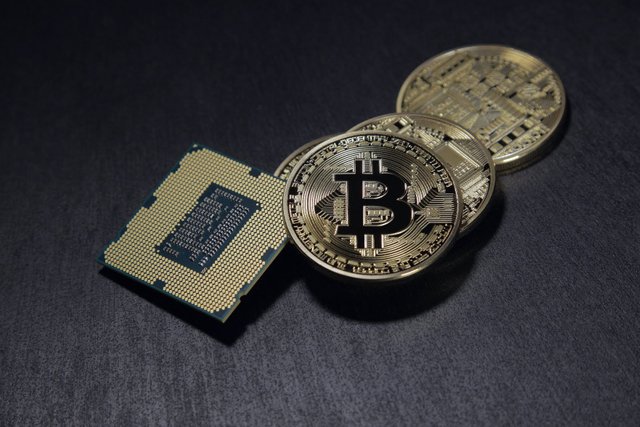Cryptocurrency is the Future of Money !

Bitcoin was created to work outside national currencies, which is a draw to people who don’t trust central banks, says Yermack.
Those who are hopeful about the rise of bitcoin may have noticed its popularity in countries like Zimbabwe and Venezuela, where it is being used as a major means of exchange when government-issued currencies have failed because of hyperinflation. Bitcoin and other means of exchange have become popular in these countries because transactions can be performed on cell phones, and their value is more stable than the hyper-inflated national currency.
But others believe that bitcoin is too riddled with problems to be the cryptocurrency upon which the future is built. First, it likely can’t be used on a national scale because of how few transactions per minute bitcoin supports. Bitcoin’s framework can only make seven transactions per second, says Ari Juels, computer science professor at Cornell University who studies cryptography and computer security. VISA’s credit card network, for comparison, can handle 65,000 transactions per second.
Issues of privacy also stop it from becoming the future of money, says Phillipa Ryan, commercial equity lawyer and lecturer at the University of Technology Sydney. “Bitcoin is problematic in that it provides too much privacy and not enough privacy,” says Juels. “Too much privacy in that it provides enough to give criminals the opportunity to perpetrate a lot of mischief, from ransomware to the Silk Road. Not enough in that transactions are actually traceable by pseudonym.”
Its value also fluctuates too much to provide a stable, functional currency. Unlike traditional currencies, which have a value that is set by the central banking system, the value of bitcoin is driven by speculation about its worth like a stock, says Yermack. So it doesn’t make the cut as a currency. “Traditionally, we think of money as a kind of means of exchange and a store of value,” says Harold James, an economic historian at Princeton. “[Bitcoin] is very good at the means of exchange, but not very good at the store of value.”
Good work bro
Thanks brother !
Nice Bro
Vote For Vote
yess sure .
Thanks !
Amazing bro
Thanks buddy !
Hi! I am a robot. I just upvoted you! I found similar content that readers might be interested in:
https://futurism.com/cryptocurrency-future-money-bitcoin/